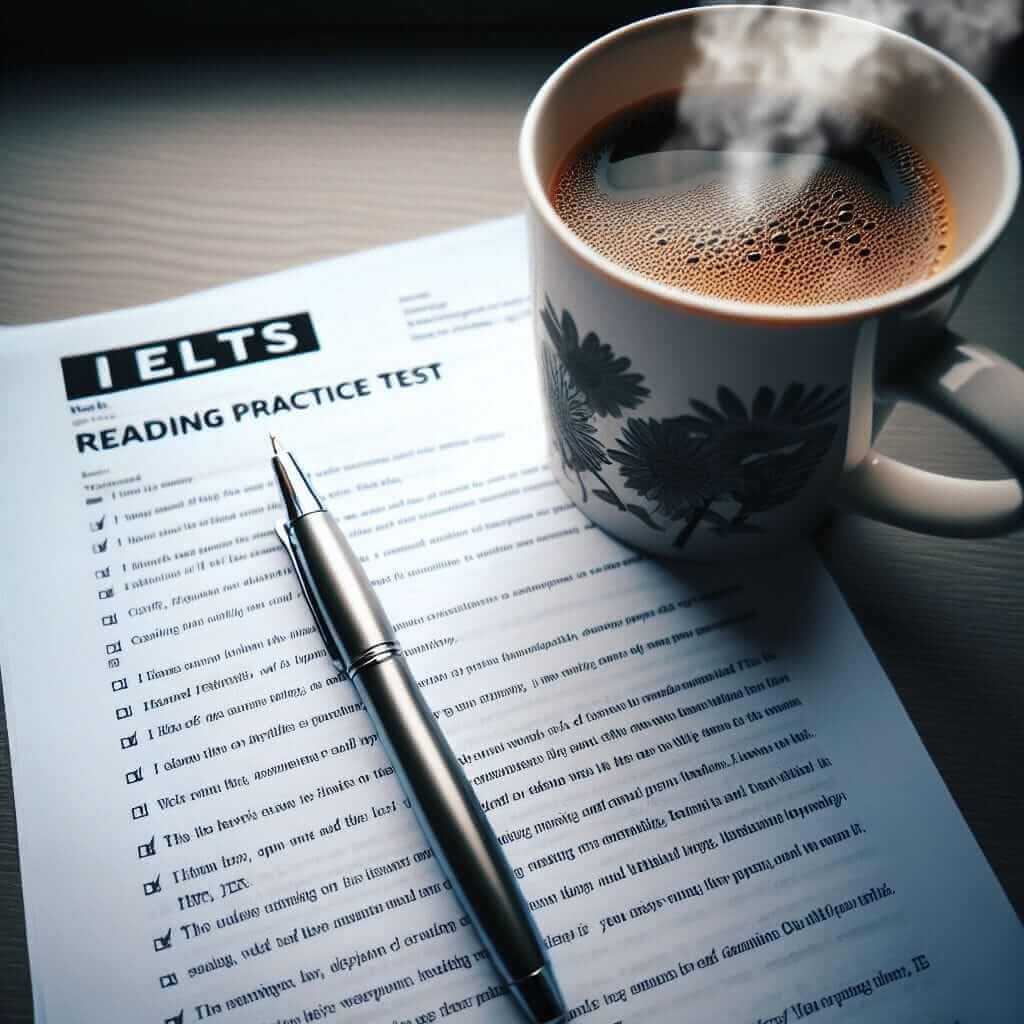The IELTS Reading test is a crucial part of the IELTS exam, requiring you to comprehend complex texts and answer questions accurately within a limited timeframe. Many candidates find the 60-minute time limit challenging, often struggling to complete all passages and achieve their desired scores. If you’re wondering, “How can I improve my reading speed for the IELTS?” – you’ve come to the right place. This article will equip you with effective strategies to read quickly and efficiently, boosting your chances of IELTS success.
Understanding the IELTS Reading Test
Before delving into the techniques, let’s understand the test format. The IELTS Reading test consists of three long passages taken from various sources like books, journals, magazines, and newspapers. The texts are academic but accessible to anyone aiming for higher education or professional registration. You’ll encounter different question types, including:
- Multiple Choice
- Matching Headings
- Sentence Completion
- True/False/Not Given
- Summary Completion
Effective Strategies to Read Faster in the IELTS
1. Skimming and Scanning: Your New Best Friends
Skimming involves quickly glancing through the passage to grasp the main idea and overall structure. Focus on the introductory and concluding sentences of paragraphs, as they often contain key information.
Scanning, on the other hand, is a targeted approach. Use keywords from the questions to locate specific information within the passage. Don’t try to understand every word; focus on finding the answers.
2. Enhance Your Vocabulary: The Power of Words
A strong vocabulary is crucial for faster reading comprehension. Regularly expose yourself to academic texts and make a habit of noting down unfamiliar words. Use dictionaries and online resources like thesaurus.com to expand your word bank.
3. Improve Your Grammar: Deciphering Complex Structures
Understanding complex grammatical structures is essential for swiftly grasping the meaning of sentences. Work on identifying subject-verb-object relationships and pay attention to punctuation marks like commas and semicolons, which often signal important shifts in meaning.
4. Practice Active Reading: Engage with the Text
Passive reading won’t cut it for the IELTS. Actively engage with the passage by:
- Underlining keywords and phrases.
- Jotting down brief notes in the margin.
- Paraphrasing key points in your own words.
5. Time Management: Your Key to Success
Effective time management is paramount. Allocate roughly 20 minutes per passage. If you find yourself stuck on a question, don’t dwell on it for too long. Move on and return to it later if time permits.

Example from IELTS Reading Practice Test
Let’s look at a short excerpt from a sample IELTS Reading passage:
“The invention of the printing press in the 15th century revolutionized the spread of information. Before this groundbreaking invention, books were painstakingly copied by hand, making them a luxury only accessible to the elite.”
Question: What was the impact of the printing press on the accessibility of books?
By skimming, we quickly understand the passage discusses the printing press and its impact on information dissemination. Scanning helps us locate keywords like “accessibility” and “elite,” leading us to the answer: the printing press made books more accessible to a wider audience.
Essential Tips to Remember:
- Don’t try to understand every single word. Focus on grasping the overall meaning.
- Develop your ability to identify different question types. This will help you strategize your reading approach.
- Practice with authentic IELTS reading materials. Familiarize yourself with the test format and question styles.
- The more you practice, the better and faster you’ll become.
Conclusion
Mastering the art of reading quickly and effectively is a crucial skill for success in the IELTS Reading test. By implementing the strategies outlined in this article, consistently practicing, and managing your time wisely, you can significantly improve your reading speed and comprehension. Remember, confidence is key! Believe in your abilities, stay focused, and you’ll be well on your way to achieving your desired IELTS score.